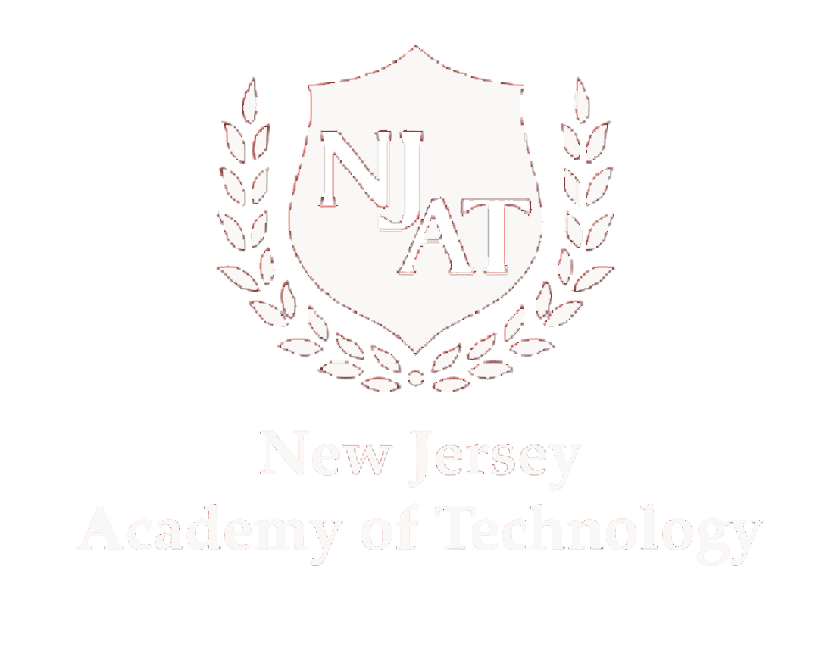Social Studies Department
Social Studies Department
Our school’s study of history resists a mere recitation of facts, but insists on presenting history as perspectives and narratives formulated by real people. As such, we teach students not only to understand the factors inducing change throughout time, but also to consider the possibility for bias. Therefore, in addition to a primary textbook, we furnish students with a variety of secondary materials to build a habit of scholarly skepticism. Putting different texts in concert with one another, pupils learn to investigate historical sources and enter the conversation with their own thoughts and ideas. Our courses study the development of particular countries, emphasizing but not limited to the United States for upper classmen, and beginning with a survey of world history for under classmen. Although a chronological study is presented, we also include thematic correspondences between art history and literature to color our study of the past. Generating connections between geographies, religions, governments, and a host of other topics throughout time, our students understand history by concept as well as by time. In keeping with our commitment to writing across the curriculum, history students thread their observations together, generating theses that are later developed into formal essays, projects and other assessments. In our department, we strive to create a space where discussions and presentations provide opportunities for students to craft their thinking, writing and speaking about historical trends.
9TH GRADE
World History I,II
We begin our freshman curriculum with the origins of human peoples, forging a pathway from ancient civilizations to modern history. This course introduces the process of researching historical topics beyond the limits of the world civilizations textbook. Citing secondary sources from contemporary works such as Professor Jared Diamond’s Guns, Germs, and Steel, pupils learn the fundamentals of scholarship. Entering academic conversations means putting multiple perspectives into play and formulating a hypothesis; testing that, and reaching thesis. Thus, students’ scholarly research and writing mature throughout the year. We teach students to ask questions and engage in the process of inquiry. Introducing students to rhetorical standards, they learn not only to craft essays about history, but also to formally cite sources and to hit all bases in proper research. Incorporating these fundamental skills our students emerge ready to advance their research in further years of subsequent study.
World History I,II Honors
Covering more material and requiring more forethought in composing essays, students begin a history curriculum that puts them on pace to earn AP credit by their junior year. This course quickly ingrains fundamentals of research so that students can begin the path to independent work.
10TH GRADE
US History I,II
Our study of U.S. history begins with a study of the political climate leading to the American Revolution and finishes with resolution of the Civil War. Building upon the skills taught in our introductory course on World Civilizations, our students apply research techniques to study the United States in various contexts. Examining the U.S. in multiple stages, students investigate and write about its evolution.
US History I,II Honors
This course is meant to prepare students for the AP course in history, which will place them in good standing for college credit. In this honors course, we ask more of students in the quantity and quality of their writing on historical topics. The essays are more rigorous and graded more stringently. Above all, this course introduces students to sophisticated discourse with the intention of equipping them for the AP curriculum in the following year.
11TH GRADE
US History III,IV
This course begins where History II left off. It trends through modernity into the Industrial Revolution and the World Wars. Progressing into modern times, students research topics such as the interplay between communism and capitalism, or other sociopolitical entities that shaped the world in which we now live. Students also have the opportunity to utilize current events to supplement their research. By this level, students will understand how to use these materials to build sound, scholarly essays.
US History III,IV
This course provides students with the opportunity to research the second tract of U.S. history through highly specialized topics. Students will read and write much more, independently discovering unique pathways for their research. Students will be required to research a variety of scholarly sources and synthesize them for their own inquiry.
12TH GRADE
American Government and Politics
Studying the three branches of government, students learn about the U.S. in an operative format. Moving beyond the three branches to a study of the political forces that structure our contemporary country, students learn to look objectively at the government. Instead of just memorizing processes, students use that knowledge to develop an original topic on American politics and policy. This is an opportunity for seniors to finish with a sophisticated essay worthy of the university classroom, while gaining a depthful understanding of U.S government, politics and society.

